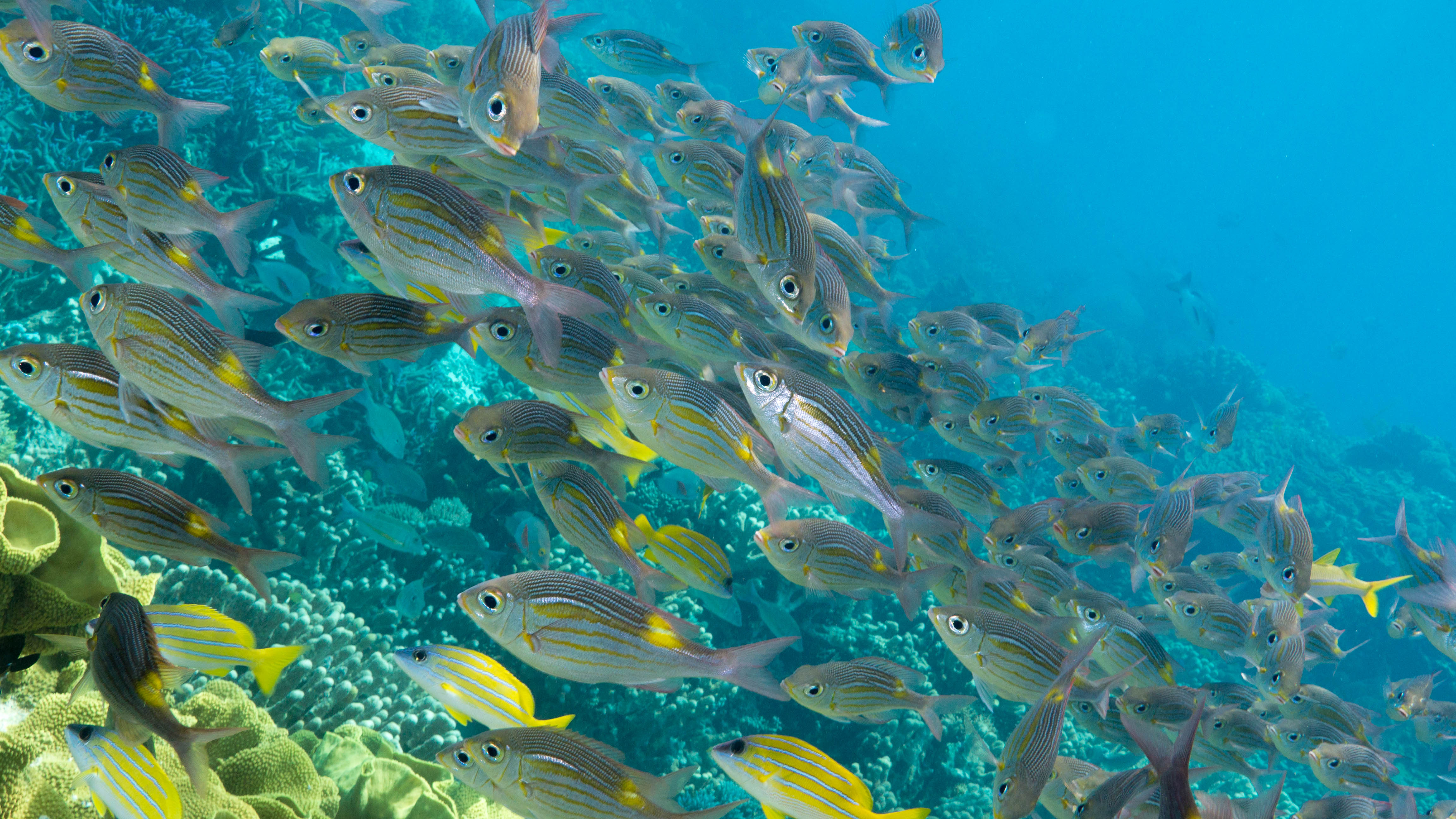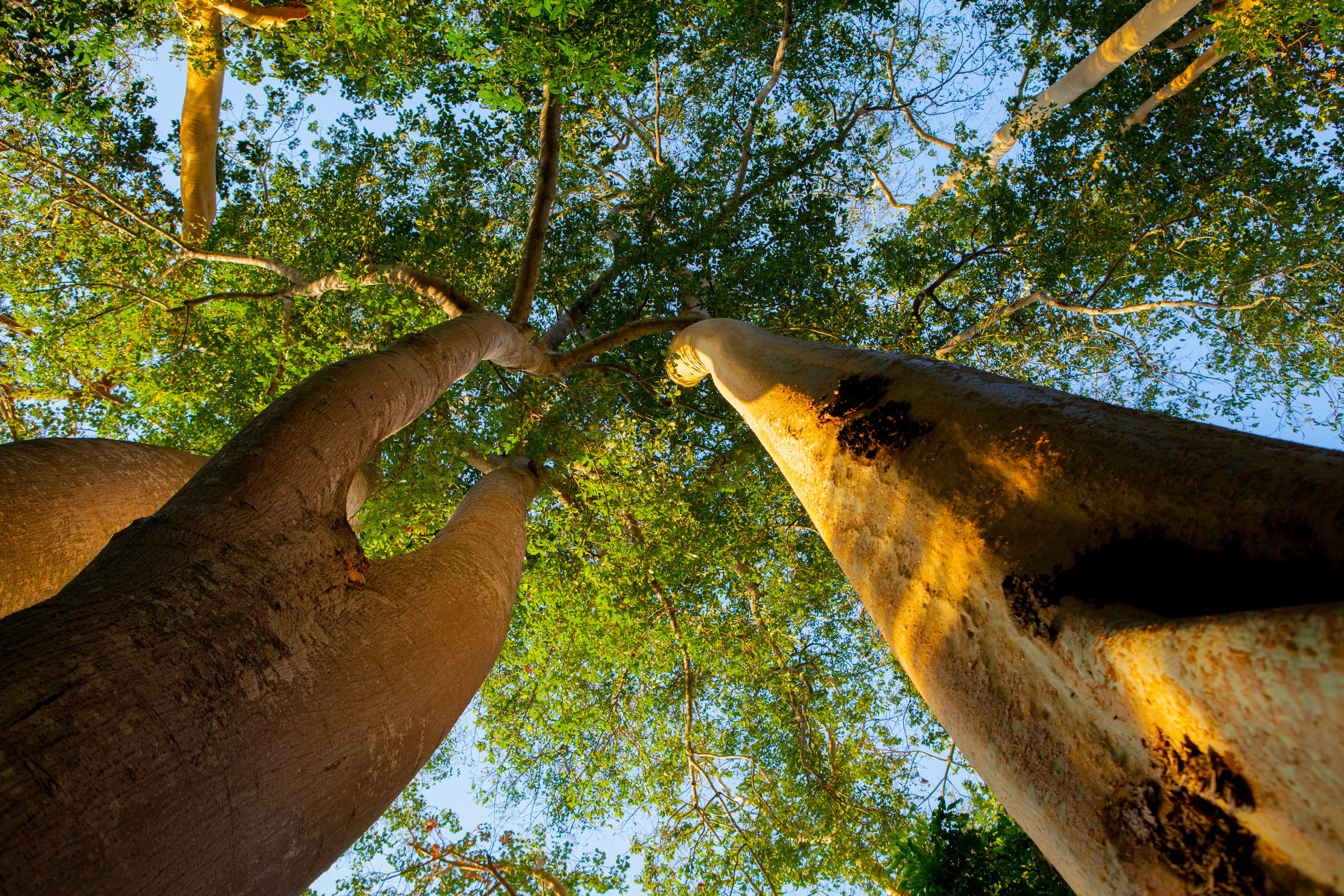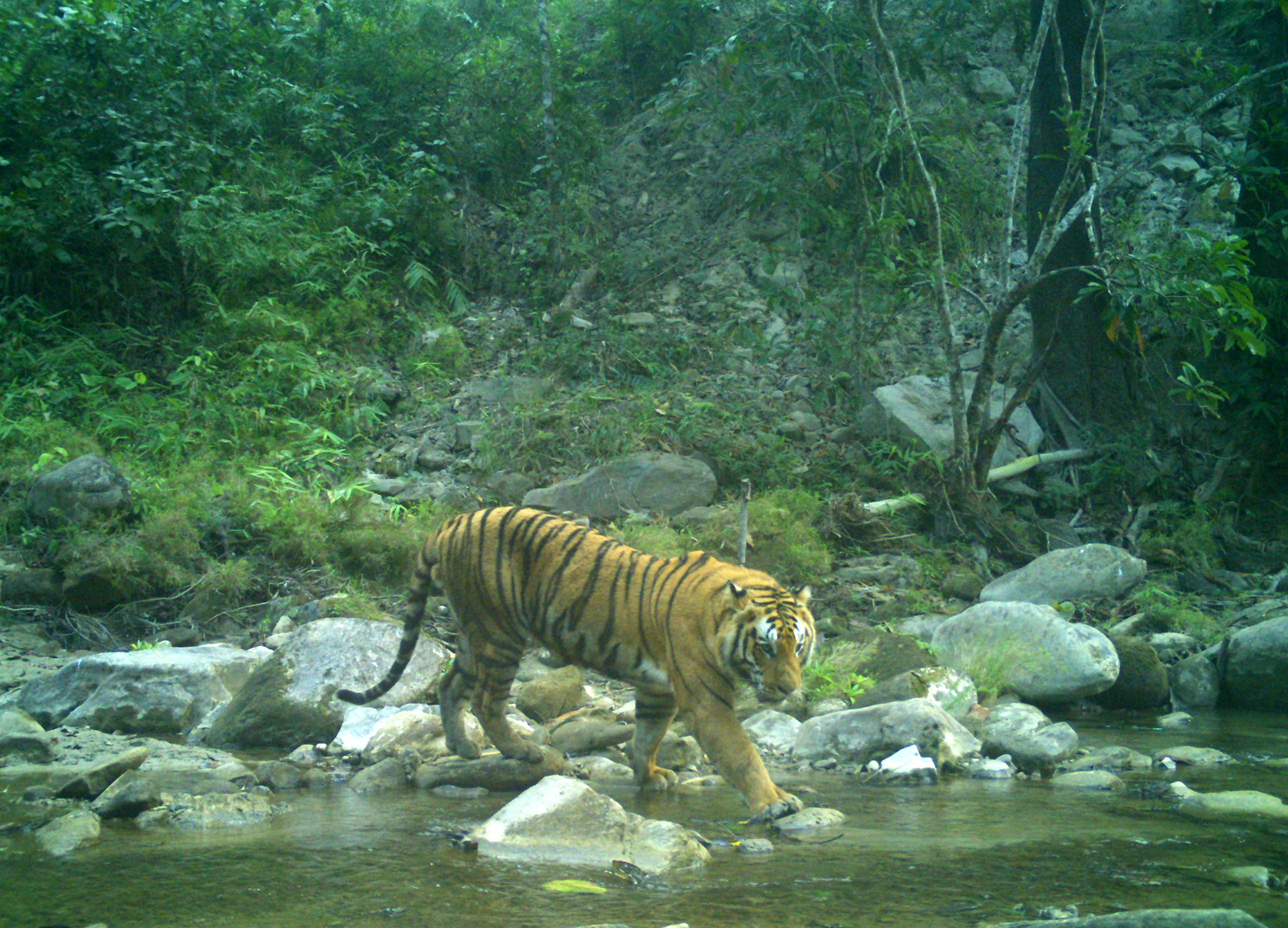The WWF is run at a local level by the following offices...
CONSERVATION PULSE
August - September 2018

New hope for coral reefs in South Pacific
After years of campaigning, we are delighted that the New Caledonian government has introduced strong protective measures for its near-pristine coral reefs. This means fishing and other types of extraction will be prohibited and tourism strictly controlled around reefs in this biodiverse region of the South Pacific. Coral reefs provide livelihoods to many millions of people and support more than a quarter of the world’s marine life. However, they face numerous threats, particularly from climate change, pollution and overfishing. “Coral reefs are in steep decline so it is most encouraging to see these magnificent reefs receiving such strong levels of protection,” says the leader of WWF’s Oceans Practice, John Tanzer. “Good management will help maintain fish populations and ecosystem health that will build the reefs’ resilience to the impacts of climate change. This leadership must inspire similar action by other governments.”

Tanzania pledges to restore 5.2 million hectares of forests
Africa loses around three million hectares of forest each year, threatening livelihoods and the habitats of vulnerable wildlife such as elephants. So we welcome Tanzania’s commitment to restore 5.2 million hectares of degraded and deforested land as part of the African Forest Landscape Restoration (AFR100) Initiative – a key contributor in the efforts to restore 100 million hectares in Africa and 350 million hectares globally. Tanzania estimates that about 13 per cent of its land has been degraded due to a variety of causes such as deforestation, poor farming practices and pollution. And the country is losing an estimated 469,000 hectares of forest every year, and rising, as domestic and international demand for timber outstrips sustainable supply. WWF played a key role in encouraging the Tanzania Forest Service to join AFR100, which we are a partner in, and in building support for its national Forest Landscape Restoration programme.

Plans for Mexcian jungle dam turned down
A Mexican government decision to deny a permit for the construction of a hydroelectric dam in the Lacadón Jungle follows a recent decision to protect the water supplies in hundreds of Mexican river basins. For more than a decade WWF and the National Water Commission in Mexico coordinated work to identify the amount of water needed to meet the needs of people and wildlife in nearly 300 river basins over the next 50 years. Presidential decrees, which protect the waters of almost half of Mexico's river basins, were declared this year and have now resulted in this decision. The jungle is important to indigenous communities, contains archaeological sites and has some of the greatest biodiversity in the Americas, including 70 mammal, 306 bird and 4,000 vascular plant species.

Gabon commits to FSC certification by 2022
Half of Gabon’s highly biodiverse tropical forests, which cover 85 per cent of the central African country, are used for timber production. WWF and partners have long worked to ensure forest management is sustainable – and we have achieved some significant commitments in the past from companies to both improve working conditions and protect wildlife. Now Gabon’s President has declared that from 2022, forest concessions must be certified by the Forest Stewardship Council (FSC) – an international certification scheme that ensures forests are managed in a way that protects people and nature. Concessions that have not entered the FSC certification process by then will lose their permits. “This establishes Gabon as a reference point for sustainable forest management in the Congo Basin, and we encourage other countries to follow suit,” said Marc Languy, WWF Deputy Regional Director for Central Africa.

Action for small-scale fisheries in Mediterranean and Black Sea
Record levels of overfishing in the Mediterranean and Black Sea threaten the livelihoods of over 300,000 people and the marine environment in the region. We therefore welcome the adoption by 20 fishing nations, the European Commission and the Food and Agriculture Organization (FAO) of a regional action plan to ensure a sustainable future for the region’s small-scale fisheries sector. Thanks to WWF’s work, the plan officially supports the adoption of co-management systems – involving the joint management of fisheries by fishers and other key stakeholders – as an effective way of developing solutions for sustainable fisheries. Alongside this announcement, WWF, the FAO and other partners launched a platform to promote collaboration and co-ordination to scale up the investment needed to move towards sustainable practices. The partnership is already supporting our initiative to develop co-management in 21 selected sites across nine countries.

Nepal close to doubling wild tiger population
Nepal has announced that there are now an estimated 235 wild tigers in the country, up from around 121 in 2009. If this trend continues, Nepal could become the first country to meet the TX2 goal of doubling the world’s wild tiger population. The success is the result of strong political commitment by Nepal and the adoption of innovative tools and approaches to tiger conservation. Dr. Ghana S Gurung, WWF-Nepal country representative, said: “While Nepal is but a few tigers away from our goal to double tiger numbers by 2022, it also underscores the continued need to ensure protection, and improved and contiguous habitats for the long-term survival of the species.” In another example of what can be achieved when a country unites and coordinates the efforts of government, enforcement agencies, conservation partners and local communities, Nepal also celebrated the fifth year of zero rhino poaching since 2011 earlier this year.